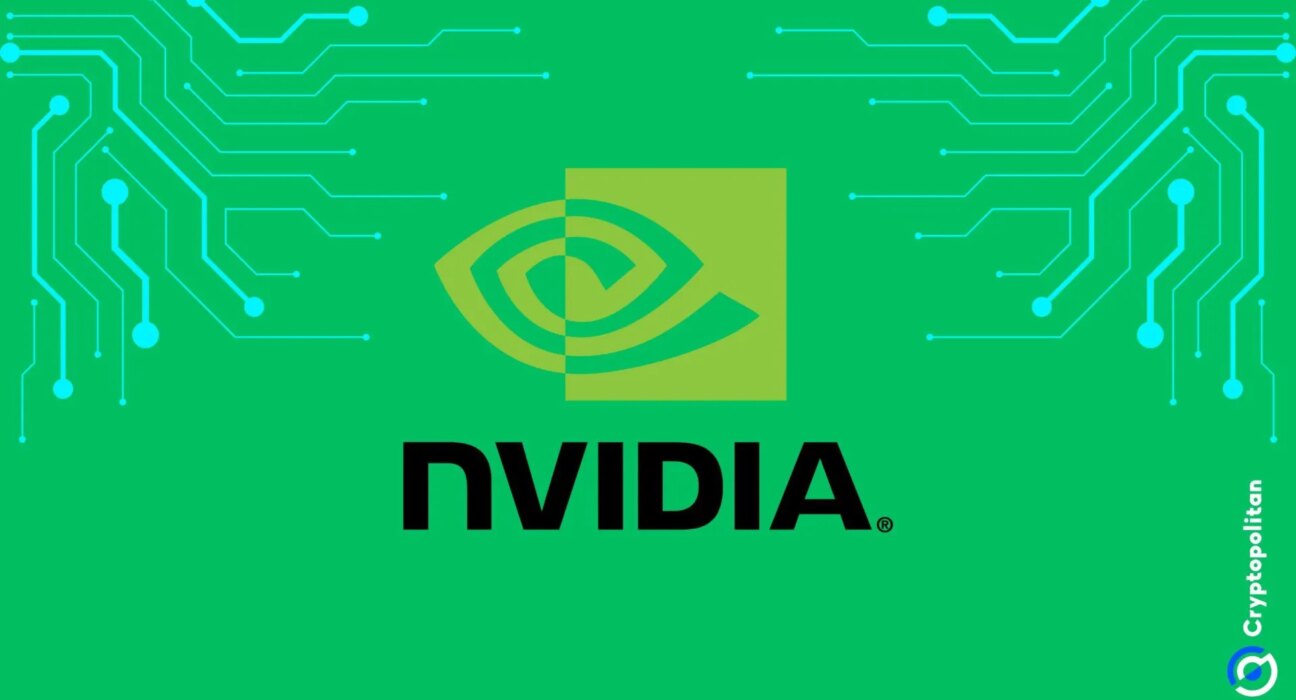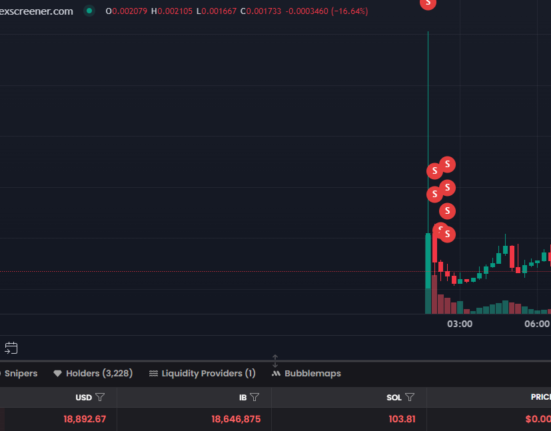[ad_1]


Nvidia CEO Jensen Huang says the company has fixed the design flaw on its latest Blackwell AI chips, which reportedly impacted production and caused shipping delays.
Huang revealed the chip-making firm leveraged its association with Taiwanese peer TSMC to fix the chips, whose defects he accepted as Nvidia’s fault. The company previously reported that the Blackwell chips were out of stock and sold out for the next 12 months due to strong demand from its traditional customers among them AWS, Meta, Google, Oracle, and CoreWeave.
Nvidia accepts the blame
According to a Reuters report, Nvidia’s shares fell by 2% in early trading. The company introduced Blackwell chips in March this year acclaiming it to “unlock breakthroughs in data processing, engineering simulation, electronic design automation, computer-aided drug design, quantum computing, and generative AI—all emerging opportunities for Nvidia.”
The Blackwell chip includes B200 Tensor Core GPU and GB200 Grace “super chip,” processors all designed to handle the demanding workloads of LLM inference while reducing energy consumption.
Nvidia had promised to ship during the second quarter of the year. However, there were delays in shipping, which potentially affected AI-related clients like Meta, Google, and Microsoft.
“We had a design flaw in Blackwell,” Huang said.
“It was functional, but the design flaw caused the yield to be low. It was 100% Nvidia’s fault.”
Huang.
Media reports have also suggested that the delays in production had caused tensions between Nvidia and TSMC, although Huang refuted the claims calling them “fake news.”
Huang also revealed a lot of effort was put into place to make the Blackwell computer work. He added that seven different types of chips were designed from scratch and had to be “ramped into production production at the same time.”
Nvidia revealed that it worked with its partner and peers, TSMC, to fix the engineering setback and the played a critical role in this achievement.
“What TSMC did, was to help us recover from that difficulty and resume the manufacturing of Blackwell at an incredible pace,” said Huang.
Nvidia expects to ship several billions in Blackwell revenue
According to Reuters, Nvidia’s chips take two squares of silicon, which is the size of the company’s previous offering, and binds them together into a single component that is 30 times faster at tasks like serving up answers from chatbots.
Speaking at a recent Godman Sachs conference, Huang said the chips would be ready for shipping in the fourth quarter.
The tech guru was on Wednesday in Denmark to launch a new supercomputer known as Gefion, which has 1,528 graphic processing units (GPUs). According to Reuters, this was built in partnership with Novo Nordisk Foundation, which is Denmark’s Export and Investment Fund, and Nvidia.
The problem with the chips started in August and Nvidia’s share price fell by a staggering 8% after a report noted that Blackwell’s production was delayed because of a design defect, possibly getting deliveries back by three or so months. This had a knock-on effect on major clients like Google and Microsoft.
Speaking during the company’s second-quarter earnings call that same month, Huang revealed that the tech giant had shipped samples of the chips to customers adding that the AI platform’s production would ramp up in the fourth quarter into the next fiscal year.
Huang also revealed that Nvidia also made a change to Blackwell’s GPU mask, “to improve production yield.”
However, Huang said on a call with analysts that “there were no functional changes necessary, adding the company expects to “ship several billion dollars in Blackwell revenue,” during the fourth quarter.
[ad_2]
Source link








